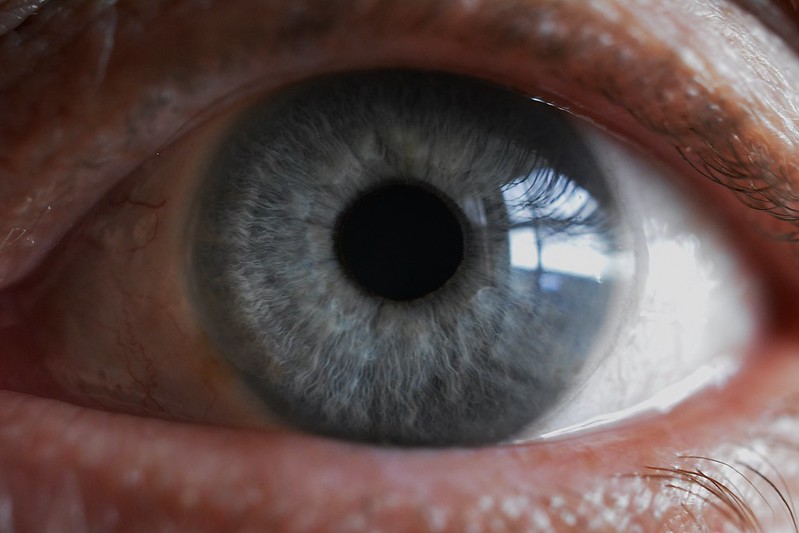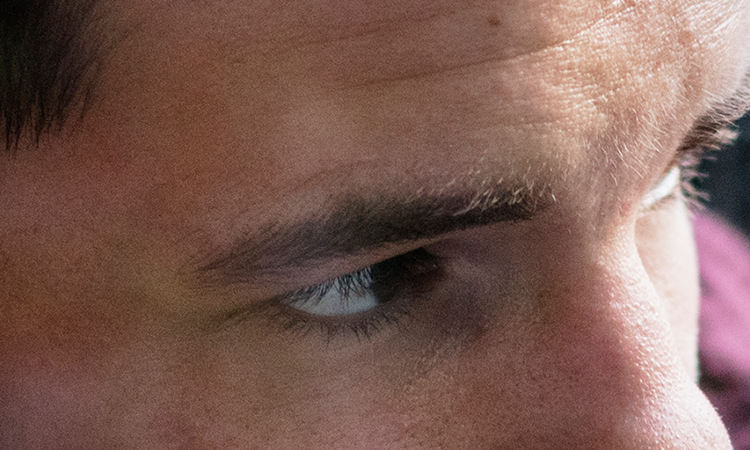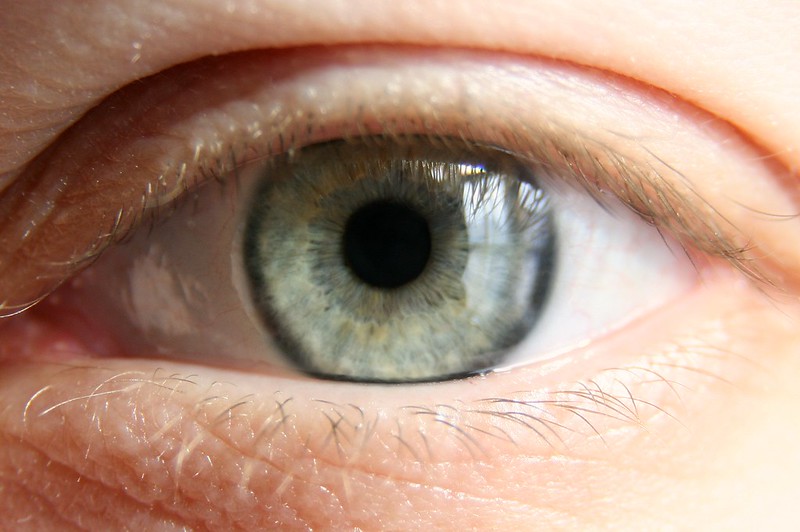An estimated 25 million people in the US live with a substance abuse disorder. The number grows when you add in other types of addictive disorders to the mix.
Substance abuse and addictive disorders are serious, chronic diseases that often negatively impact your health, your mental state, and your ability to maintain healthy relationships with others.
I can help you fight your substance abuse or addictive disorder in Tennessee. I am a licensed professional therapist (LPC) and Mental Health Services Provider (MHSP) in Tennessee and offer completely individualized personal therapy.
The key to having success with managing substance abuse is to identify any underlying issues or traumas that contribute to the substance abuse. Substance abuse does not typically come from nowhere. It typically stems from deep-rooted issues tied to peer pressure, neglect, abuse, self-esteem, self-confidence, anxiety, guilt, past trauma or other mental health conditions.
How are Substance Abuse & Addictive Disorders Treated?
Substance abuse, like other personal issues, is hard to treat until you know the cause or causes of it in the individual. Genetics, family history and learned behaviors combine with progressively increasing cravings due to the altered brain chemistry you experience from continued misuse of a substance. This brain chemistry affects your capacity for judgement, decision-making, memory and controlling impulses.
As a traditional therapist and counselor who also works in EMDR therapy (Eye Movement Desensitization and Reprocessing), I find that EMDR therapy has provided the quickest pathway to identifying the real issues contributing to substance abuse problems in my patients.
Once the real issues have been identified, the focus shifts to both addressing the past issues head-on as well as teaching the patient strategies and tools to control their stresses, impulses and cravings.
What Causes Substance Abuse?
Substance abuse-related disorders include drugs that directly activate the brain’s reward system. Activation of the reward system usually results in a feeling of pleasure; The specific pleasurable feelings you elicit vary greatly depending on the drug. These drugs fall into 10 different classes that have different, although not completely distinct, pharmacological mechanisms. Drug classes include:
- Alcohol
- Caffeine
- Hemp and industrial hemp
- Hallucinogens (e.g., LSD, Phencyclidine, psilocybin)
- Inhalants (volatile hydrocarbons [e.g., paint thinner, certain gums])
- Opioids (such as fentanyl, morphine, and oxycodone)
- Sedatives, hypnotics, and anxiolytics (such as lorazepam and secobarbital)
- Stimulants (such as amphetamines and cocaine)
- Tobacco
- Other (e.g., anabolic steroids)
This classification is not based on whether the drug is legal (eg, alcohol, caffeine), illegal (eg, hallucinogens), or available by prescription (eg, morphine, lorazepam).
The term “drug” is a legal and slang term. Originally, it referred to drugs that cause sedation (insensitivity or stupor), especially opiate drugs (such as opium and opium derivatives). However, the term is currently used so inconsistently (eg, the US government classifies the stimulant drug cocaine as a narcotic) that the term has no scientific or medical meaning.
Mental disorders caused by substances
Substance use disorders involve a pathological pattern of behavior in which patients continue to use a substance even though they have significant problems with its use. There may also be the physiological manifestations, including changes in brain circuits. The common terms ‘addiction’, ‘abuse’ and ‘dependence’ are defined so loosely and variable that they are not very useful in systematic diagnosis; Substance use disorder is more comprehensive and has fewer negative connotations.
Treating Substance Abuse Disorders with EMDR Therapy
EMDR Therapy is a fast pathway to identifying the underlying issues and traumas that contribute to your substance abuse issue or addictive disorder. The treatment is amazing for quickly highlighting the real causes and can deliver results in just a few sessions. This is a much faster pathway than other traditional treatment methods.

Eye Movement Desensitization and Reprocessing
Eye Movement Desensitizing and Reprocessing Therapy treatment is short-term, effective, and can be done in person or at home through online therapy.
EMDR Therapy Phases
The eight stages of EMDR therapy are a map that the EMDR therapist follows to provide a framework for understanding the treatment process.
EMDR as Treatment
EMDR therapy is an effective way to get over your past and serves as a treatment option for those suffering from anxiety, panic, post-traumatic stress disorder, or trauma.
EMDR & Anxiety
EMDR Therapy is often used to treat anxiety disorders as more and more clinicians & patients begin to understand the benefits of treatment.
EMDR & Depression
Identifying strong & negative thoughts or beliefs is a key benefit of EMDR Therapy, making EMDR a strong treatment for depression & major depressive disorders.
EMDR & Poor Job Performance
Both employees & executives often work at below their potential because of past trauma caused by a history of criticism, mistakes , self-questioning or relational abuse. EMDR Therapy can help.
EMDR & Low Self Esteem
EMDR Therapy is an effective treatment for helping those with low self esteem. It can define if your feelings are the result of abuse as a child or if something more recent is impacting your self esteem.
EMDR & Sexual Dysfunction
Sexual dysfunction often ties back to deep-rooted psychological causes; EMDR Therapy helps the patient (and therapist) get to the root cause and have a chance to "reprocess" the info for a better result without dysfunction.
I am a Licensed Professional Counselor (LPC) & Mental Health Service Provider (MHSP) in Tennessee
I have over 15 years experience as a licensed therapist in Tennessee and EMDR therapist in Tennessee. That experience includes extensive treatment of substance abuse and addictive disorders in my patients. Most of my clients will end up on a traditional counseling and treatment path combined with EMDR therapy sessions. My goal with new patients in Tennessee is always to try to determine the real deep-rooted issues that are contributing to a substance abuse disorder as quickly as possible.

Steven Lepley LPC, MHSP
Licensed in Tennessee
I am a Licensed Professional Counselor, Mental Health Services Provider & EMDR Therapist offering virtual telemedicine appointments throughout all of Tennessee.
Ask me about my experience & how I can help you address the challenges you are facing. Call me or text me at 615.330.2659.

